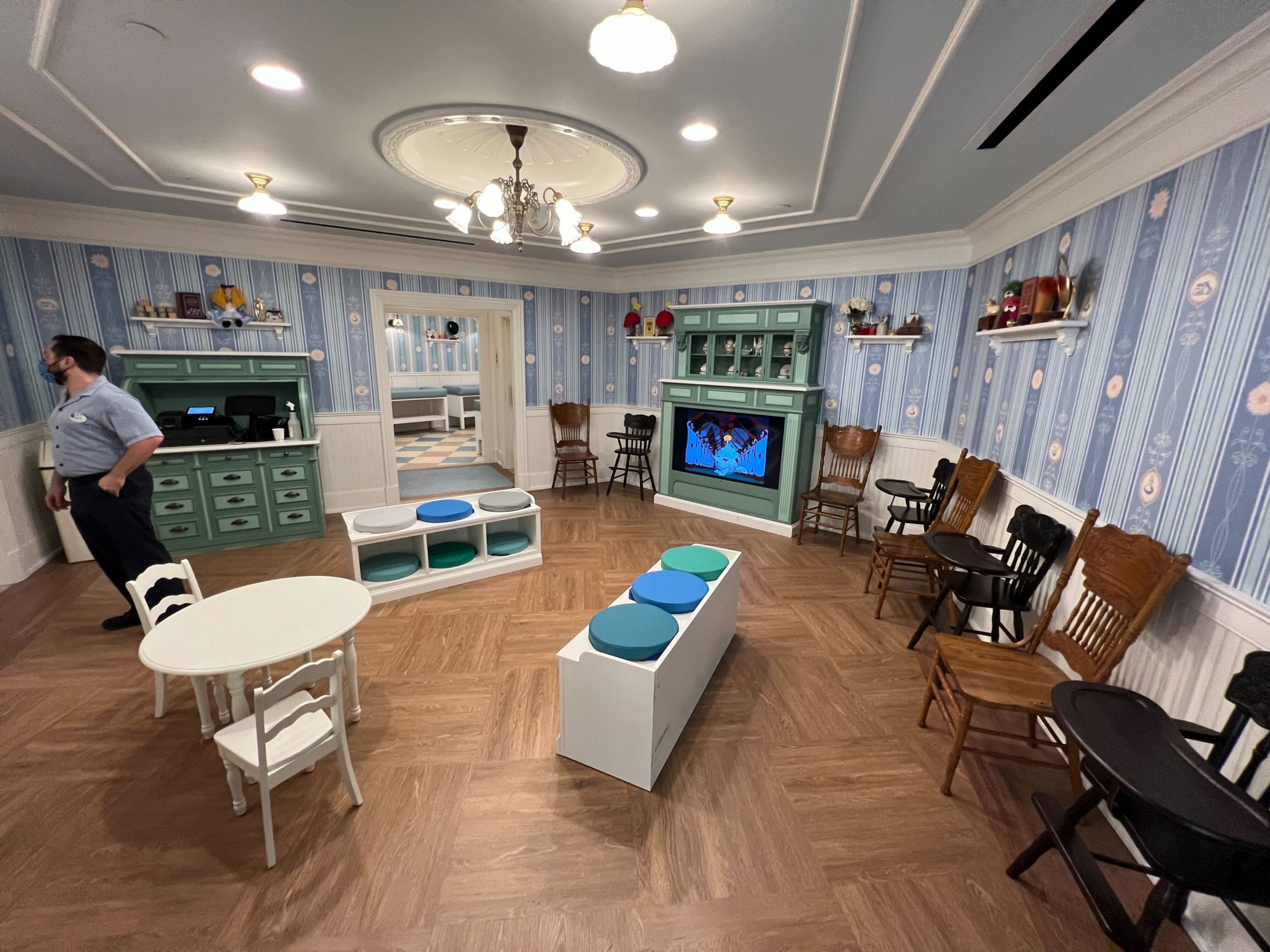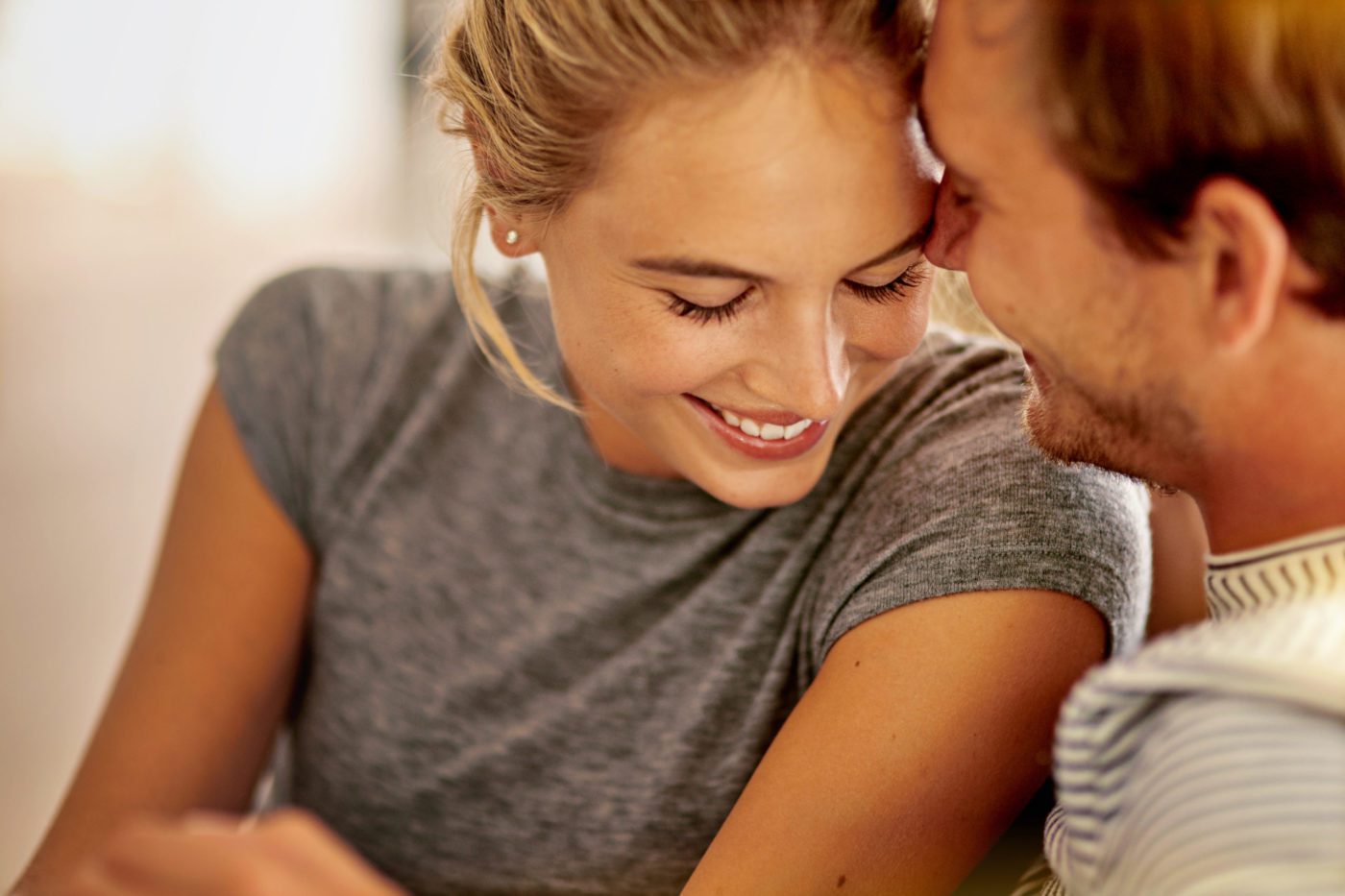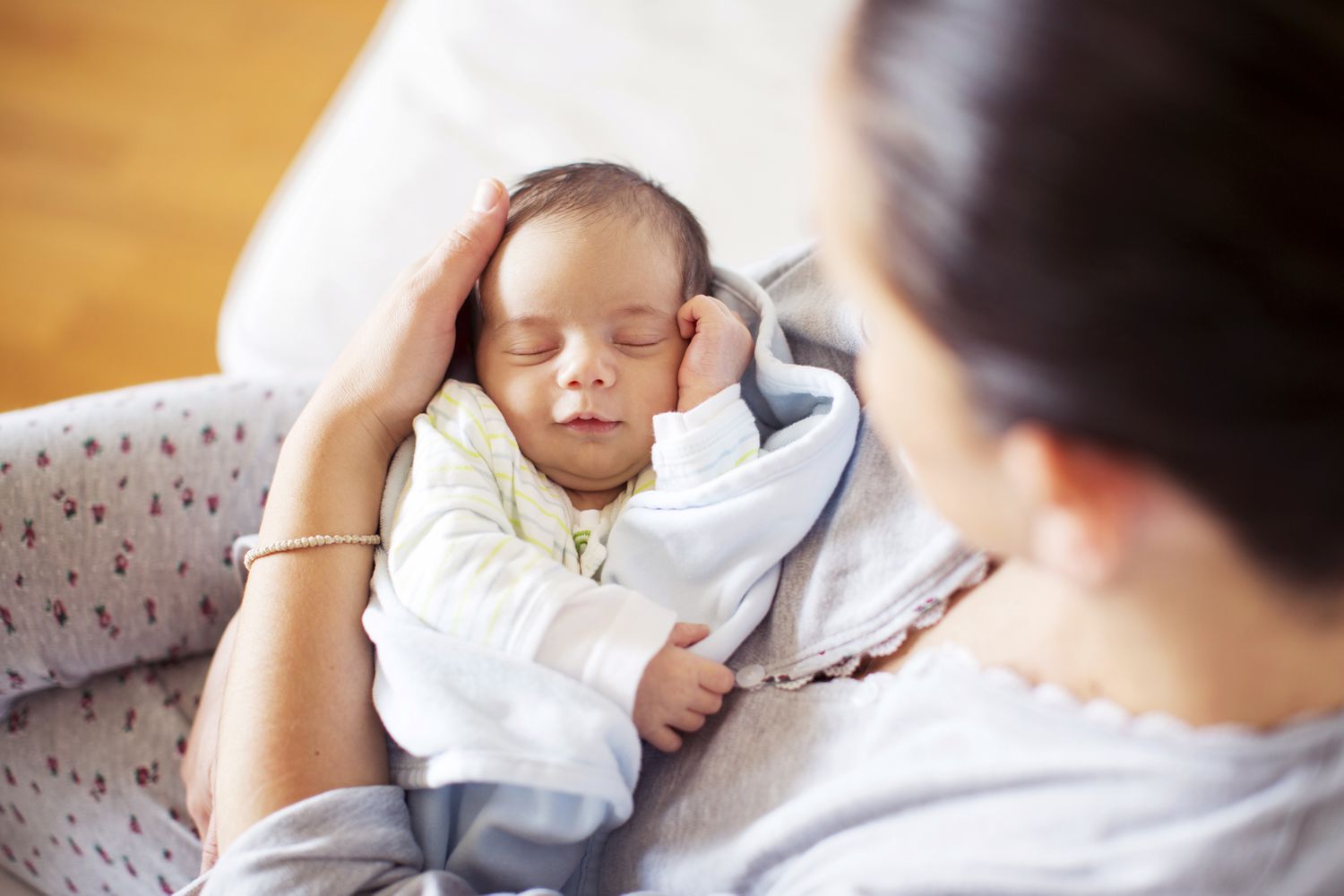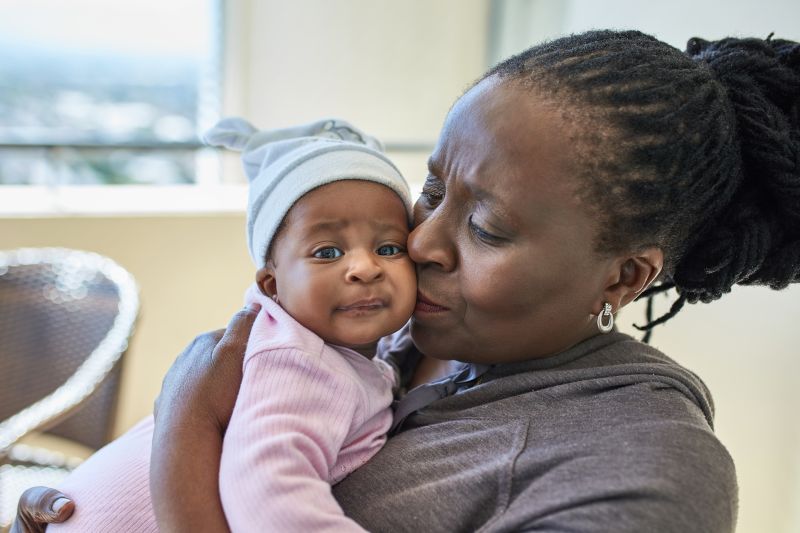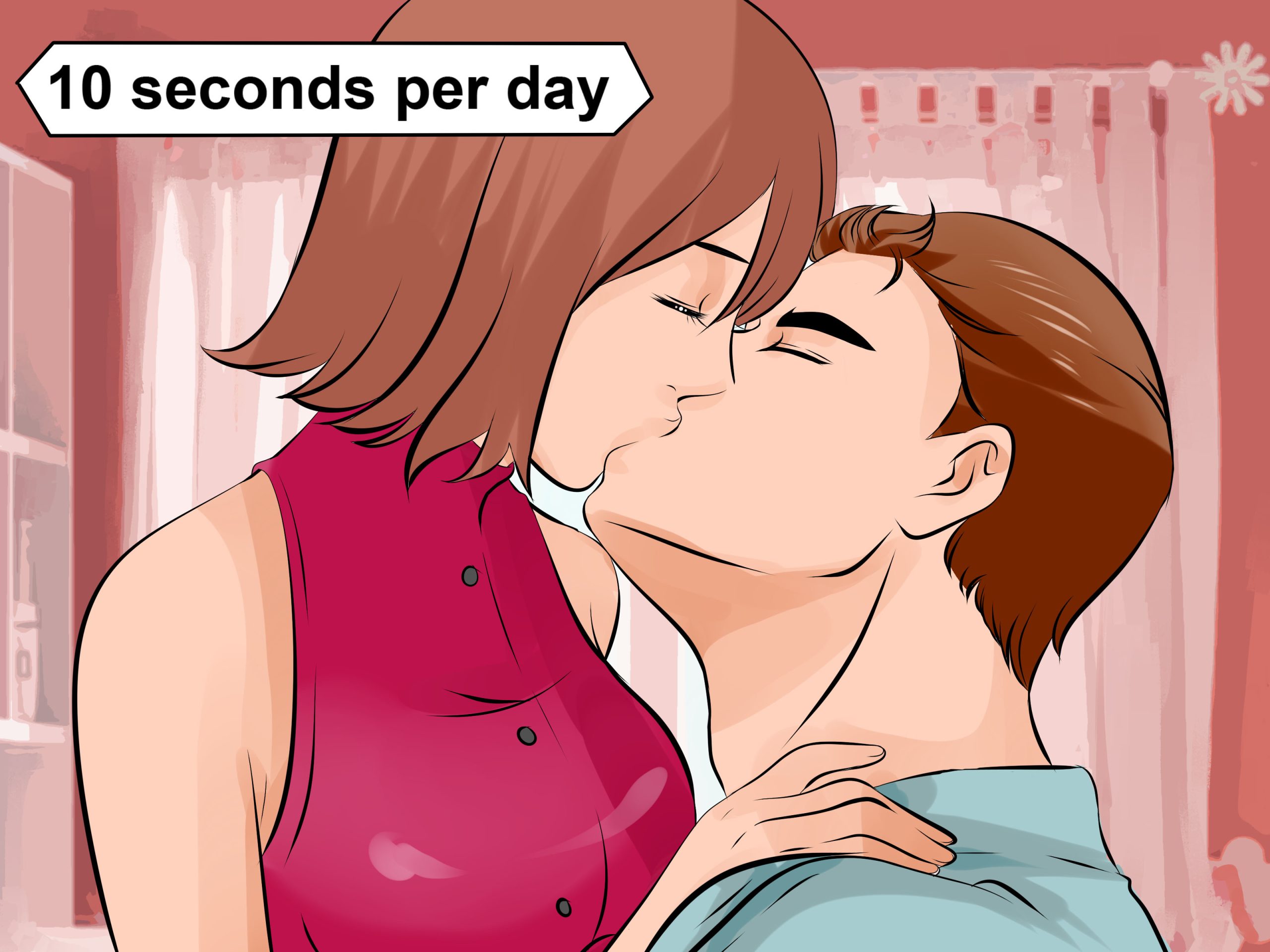Keeping Your Baby Safe and Secure
To keep your baby safe, always supervise them closely and be aware of potential hazards in their environment. Welcoming a new baby into your home is an exciting time, but it can also be overwhelming, especially when it comes to keeping your little one safe.
From the moment you bring them home, their health and safety will be your top priority. As a parent or caregiver, it’s important to stay vigilant to potential hazards, such as choking hazards, furniture that could tip over, and inappropriate toys.
You can also take steps to safeguard your home, such as installing smoke detectors, securing cabinets, and covering electrical outlets. With proper precautions and adherence to safe practices, you can help ensure a happy, healthy, and secure environment for your baby.
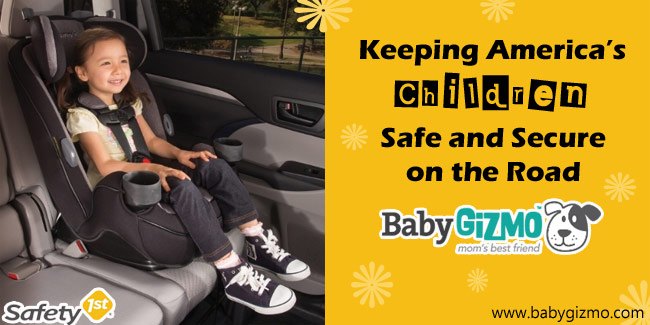
Credit: babygizmo.com
Understanding The Importance Of Baby Safety
Why Baby Safety Is A Top Priority For Parents
As a new parent, the safety of your baby is your top priority. Your baby is fragile and vulnerable to dangers present in the environment. Here are some reasons why it is crucial to keep your baby safe:
- Babies are prone to injuries: As they grow and learn, babies are bound to fall, trip, or bump into things. They lack the ability to protect themselves from potentially harmful situations and need constant supervision to prevent injuries.
- Accidents can cause lifelong harm: Serious accidents can cause permanent harm or even lead to death. It is essential to take all the necessary precautions to ensure your baby’s welfare.
- Parental responsibility: As a parent, it is your responsibility to provide a safe environment for your child. Failing to do so can result in legal action against you.
The Consequences Of Neglecting Baby Safety
Neglecting baby safety can have serious consequences. Here are a few scenarios that could happen:
- Accidents and injuries: Neglecting baby safety can lead to accidents and injuries, from broken bones to head injuries. Some accidents can lead to long-term consequences such as brain damage, disability, or even death.
- Legal action: If your baby is injured due to your negligence, you could face legal action and be held accountable for your actions.
- Emotional trauma: Watching your child suffer due to accidents can cause severe emotional stress and trauma.
Baby Safety And Parental Peace Of Mind
Keeping your baby safe can give you peace of mind and allow you to enjoy your baby’s company without worrying about their safety. Here are some tips on how to ensure your baby’s safety:
- Always supervise the baby: Never leave your baby unsupervised, even for a second. Always keep an eye on your baby, especially when they are near potentially dangerous situations.
- Baby-proof your home: Install safety gates, covers, and locks to keep your baby from accessing potentially harmful areas or objects.
- Proper car seat usage: Always secure your baby in a properly installed car seat while traveling.
By following these tips, you can ensure your baby’s safety and enjoy peace of mind. Remember, baby safety should be a top priority for all parents.
Baby Safety Essentials: Investing In The Right Products
As a new parent, keeping your baby safe is your top priority. Investing in the right baby safety products can give you peace of mind and keep your little one safe. Here are the must-haves:
Create A Safe Sleeping Environment: Cots, Cribs, And Bassinets
When it comes to creating a safe sleeping environment for your baby, it’s crucial to invest in a good quality sleep system to ensure safety and comfort. Here are the key points:
- Choose a firm mattress that fits the cot or crib well
- Avoid using soft bedding, such as blankets and pillows inside the cot or crib
- Ensure that the baby’s head and face are exposed and not covered by any bedding
- Always place your baby on their back to sleep to minimise the risk of sudden infant death syndrome (sids)
- Make sure the cot or crib meets all safety standards and is sturdy with no sharp edges
Safe Baby Gear: Car Seats, Strollers, And Baby Carriers
Your baby is safest when they’re securely strapped in the right baby gear when travelling, walking, or carrying them. Here are the key points:
- Choose a car seat suitable for your baby’s age, height and weight
- Ensure the car seat meets all safety standards and is installed correctly
- Choose a stroller with a secure harness, a sturdy frame, and a reliable brake system
- Invest in a baby carrier that supports your baby’s weight and leaves their face free
- Keep an eye on your baby when carrying them to avoid bumping into objects
- Always follow the manufacturer’s instructions for use
Childproofing Your Home: Gates, Locks, And Fireguards
It’s important to ensure your home is safe for your baby as they begin moving around and exploring their surroundings. Here are the key points:
- Install safety gates to block off stairs, rooms, and outdoor areas
- Use window locks to secure windows and prevent falls
- Install cupboard and drawer locks to keep your baby out of potentially dangerous areas, including the kitchen and bathroom
- Cover electrical outlets with safety plugs
- Install fireguards around fireplaces, wood burners, or other heat sources.
Investing in the right baby safety products is an investment in your baby’s well-being and safety. Ensure you are equipped with the right gear for your baby to create a safe and secure environment around them.
Safe Sleeping Practices For Babies
Back-To-Sleep Rule: Positioning Your Baby For Safe Sleep
One of the most essential safe sleeping practices for babies is following the back-to-sleep rule. Here are the key points to keep in mind:
- Always put your baby on their back to sleep, not on their tummy or side.
- Make sure your baby’s head and face are uncovered during sleep to avoid suffocation.
- Use a firm and flat sleep surface, such as a crib or bassinet, for your baby’s bed.
How To Choose The Right Bedding And Blankets
Choosing the right bedding and blankets for your baby is crucial to ensure safe sleep practices. Here are the key points to keep in mind:
- Use a fitted sheet that is specifically designed for your baby’s bed, and make sure it fits snugly on the mattress.
- Avoid using any soft objects such as pillows, bumper pads, blankets, or toys in the bed that may cause suffocation.
- Use a wearable blanket or sleep sack instead of loose blankets to keep your baby warm during sleep.
Monitoring Your Baby’S Sleep Environment
Monitoring your baby’s sleep environment is equally important to ensure their safety during sleep. Here are the key points to keep in mind:
- Keep the room temperature comfortable for your baby, not too hot or too cold.
- Do not overdress your baby or use too many layers of blankets to keep them warm.
- Regularly check the crib or bassinet to ensure that it is free from any safety hazards such as loose or broken parts.
By following these safe sleeping practices for babies, you can ensure your little one is safe and sound during their much-needed sleep.
Safe Baby Bathing Techniques
Keeping Your Baby Safe And Comfortable During Bath Time
Bathing your baby can be a joyful experience, but it can also be daunting, especially if you’re a first-time parent. Here are some tips for keeping your baby safe and comfortable during bath time:
- Always keep one hand on your baby: Be cautious and keep one hand on your baby to avoid slipping or any accidents
- Make sure the water temperature is just right- check the water temperature before putting your baby in. Make sure it’s not too hot or cold, as babies have sensitive skin.
- Plan ahead- gather all the necessary bath time supplies before starting the bath. You should collect a fresh diaper, clean clothes, towel and baby wash beforehand.
Choosing The Right Baby Bathing Products
Choosing the right bathing products is crucial to ensure your baby’s safety and comfort. Here are some key things to consider when selecting the right products:
- Use a mild soap designed for babies – babies have delicate skin that is sensitive to harsh chemicals and fragrances. Use fragrance-free and mild soaps made especially for babies.
- Choose the right bathtub – look for a bathtub designed explicitly for infants. These tubs are often smaller than regular tubs and provide adequate support and stabilization for your baby.
- Check the ingredients – avoid using any product containing harmful chemicals like parabens, sls and fragrances.
Safe And Hygienic Bathing Practices
Adopting safe and hygienic bathing practices can help protect your baby from infections and allergies. Here are some practices to keep in mind:
- Bathe your baby regularly but not too often – you don’t need to give your baby a bath every day. It’s important to strike a balance between keeping your baby clean and avoiding over-bathing, which can dry out their skin.
- Keep the bathroom draft-free and warm – babies lose body heat quickly, so make sure the bathroom is warm. Keep the windows and doors closed to keep any drafts out.
- Keep the bathroom clean – strive to keep the bathroom clean and hygienic. Make sure the tub, sink, and toilet are regularly cleaned and dried.
Safe Outdoor Activities For Babies
Taking your baby outdoors can be an excellent way to boost their mood and health. But as a parent, it’s crucial to ensure that your baby is safe during outdoor activities. Here are some safety measures to consider:
Protecting Your Baby From Sunburn And Insect Bites
Sunburn and insect bites can cause significant discomfort to your baby. To keep them safe:
- Apply baby-safe sunscreen with at least 30 spf 30 minutes before going outside.
- Dress your baby in loose, lightweight clothing that covers their arms and legs.
- Consider using insect repellent that is specifically made for babies. Do not apply repellent to their hands or face.
- Try to avoid going outside during peak insect activity times (dawn and dusk).
- Use a mosquito net, especially when spending time outdoors in the late afternoon.
Safe Outdoor Play Gear: Swings, Slides, And Playsets
Playing on swings, slides, and playsets can be a fun way for your baby to enjoy the outdoors. To keep them safe:
- Choose play equipment that is designated for their age group and size.
- Check the equipment regularly for signs of damage or wear and tear. If any problems are detected, do not allow your child to play on the equipment.
- Ensure that the play equipment is on a flat surface and that it can’t tip over.
- Stay with your child the entire time they play, and be sure to supervise them closely.
- Ensure that the play equipment is not too hot, especially during the summer months.
Safety Tips For Taking Your Baby To The Beach Or Pool
Taking your baby to the beach or pool can be a refreshing and fun activity. However, it’s essential to take the following precautions:
- Invest in a properly fitting life vest for your baby and ensure that they always wear it while in the water.
- Choose a shady spot for your baby when spending extended periods in the sun.
- Bring plenty of water and snacks to keep your baby hydrated and comfortable.
- Keep your baby away from any strong currents or waves.
- Avoid using floatation devices such as inflatable rings or pool toys as they may not be safe.
Nutrition And Baby Safety
Your baby’s safety is of utmost importance, and ensuring that they receive a nutritious diet is a big part of keeping them healthy. Here are some tips to keep in mind:
Safe Food Preparation For Babies: Handling And Storage
When it comes to preparing food for your little one, there are some important things to remember to ensure their safety.
- Always wash your hands before preparing food for your baby.
- Clean and disinfect any surfaces that will be used for food prep.
- Wash fruits and vegetables thoroughly before cooking or serving.
- Store leftover food in airtight containers in the refrigerator or freezer.
- Ensure that your baby’s food is never left at room temperature for more than two hours.
- Avoid giving your baby raw or undercooked eggs, meat, or seafood.
Feeding Your Baby Safely: Breastfeeding And Bottle-Feeding
Whether you choose to breastfeed or bottle-feed your baby, it is important to do so safely.
- If you are breastfeeding, make sure to properly clean and disinfect your breast pump and storage containers.
- Bottle-feeding parents should sterilize bottles, nipples, and other equipment before use.
- Always hold your baby when feeding, and never prop a bottle as it can increase the risk of choking.
- Check the temperature of the milk before feeding your baby to prevent burns.
Safe Introducing Solid Foods: Tips And Best Practices
Introducing solid foods to your baby can be an exciting time, but it’s important to do so safely. Here are some tips to keep in mind:
- Start with single-ingredient foods and introduce new foods one at a time.
- Avoid giving your baby foods that pose a choking hazard, such as nuts, popcorn, and hard candy.
- Always supervise your baby while they are eating and ensure that they are sitting upright.
- Pay attention to any signs of an allergic reaction, such as hives or difficulty breathing.
- Consult with your healthcare provider before introducing solid foods to your baby.
By following these tips, you can ensure that your baby is receiving a safe and nutritious diet, setting them up for a healthy future.
Dealing With Emergencies
How Can I Keep My Baby Safe? Dealing With Emergencies
As a responsible parent, you always want to keep your baby safe and secure. Despite your best efforts, emergencies can occur unexpectedly. The best way to stay prepared is by having an emergency plan in place. In this section, we’ll discuss some first aid tips for common baby injuries, creating an emergency plan for your baby, and knowing when to seek professional medical help.
First Aid Tips For Common Baby Injuries
Accidents can happen anytime and anywhere, and your baby may get injured in the process. Some injuries require immediate attention, whereas others can be treated at home. Here are some first aid tips for common baby injuries:
-cuts and bruises: clean the wound with warm water and mild soap. Dry the area and apply an antiseptic cream. Cover the wound with a sterile bandage and change it regularly.
-burns: hold the affected area under cold running water for at least 10-15 minutes. Apply a burn relief cream and cover the area with a sterile bandage.
-fever: if your baby has a fever, dress them in light and comfortable clothing. Give them plenty of fluids and use a cool compress to bring down the temperature.
Creating An Emergency Plan For Your Baby
It’s crucial to have an emergency plan in place if a crisis occurs. Here are some steps to create an emergency plan for your baby:
-identify emergency scenarios: make a list of potential emergency situations that could happen, such as a natural disaster or a medical emergency.
-choose a safe meeting spot: decide on a safe meeting spot where you can meet your family or friends in case of an emergency.
-keep emergency supplies handy: keep a fully stocked first aid kit, extra food, water, and other essential supplies in a readily accessible place.
-assign emergency contacts: make a list of emergency contacts and keep it updated.
Knowing When To Seek Professional Medical Help
Sometimes, an injury or illness may be too severe for you to handle on your own. Here are some signs that indicate you need to seek professional medical help for your baby:
-fever over 100. 4°f
-uncontrolled bleeding
-breathing difficulties
-seizures
-signs of dehydration
-loss of consciousness
Having an emergency plan in place, knowing first aid tips, and recognizing signs that indicate professional medical help is required are essential steps to keeping your baby safe and secure. Stay calm, think rationally, and take prompt action in case of any emergency.
Tips For Safe Traveling With Your Baby
Safe Car Travel With Your Baby: Car Seats, Seat Belts, And Airbags
When traveling with a baby in a car, safety is the top priority. Here are some key points to ensure your baby’s safety while traveling:
- Always use a rear-facing car seat, as it provides the best protection against injuries for babies under two years old or until they reach the highest weight or height allowed by the manufacturer.
- Install the car seat according to the manufacturer’s instructions and make sure it is secured properly and tightly.
- Make sure the shoulder straps lie flat against the baby’s body and the harness is snug enough to pass only one finger between the baby and the strap.
- Never place a rear-facing child car seat in front of an active airbag.
- Always use a seat belt when driving with your baby and ensure that it is securely fastened.
- Avoid using any car seats that have been involved in an accident or are past their expiration date.
Babyproofing Your Hotel Room And Accommodation
Traveling with a baby can be challenging. Ensuring that the hotel room or other accommodation you’re staying in is suitable for your baby is crucial. Here are some tips:
- Choose a hotel or accommodation that is family-friendly and provides baby cribs or cots if you don’t want to take your own.
- Babyproof the room before checking in. Be sure to cover electrical outlets, place hazardous items out of reach, and secure loose wires or cords.
- Remove any fragile or dangerous items from the room and put them in a secure place.
- If possible, request a room on a lower floor and away from high-traffic areas and elevators to avoid disturbing other guests in the hotel.
Tips For Safe Flying With Your Baby
Traveling with a baby on a flight can be challenging, but it’s possible to make the experience as comfortable as possible. Here are some tips for safe flying with your baby:
- Check with your airline regarding their policies about traveling with a baby, and if any additional fees or restrictions apply.
- Always carry your baby’s car seat on the flight, as it’s the safest option during takeoff, landing, and turbulence.
- If you’re breastfeeding, feed your baby during takeoff and landing to help their ears adjust to air pressure changes.
- Pack extra diapers, wipes, formula, snacks, and baby clothes in your carry-on bag, as you never know when they might be needed during a flight.
- Bring some toys, books, or other items that will keep your baby entertained during the flight.
Baby Safety And The Environment
Becoming a parent is a joyful experience, but it’s also a huge responsibility. Every parent desires to keep their baby safe and protected from harm. It’s essential to create a safe environment for your baby, both indoors and outdoors. In this post, we will highlight some safety precautions you can take to keep your baby safe.
Safe Cleaning Practices And Products For Your Home
Newborns and infants are extremely vulnerable to toxins and chemicals, which can be harmful to their health. Therefore, it’s essential to be cautious while cleaning and choosing cleaning products. Here are some safe cleaning practices and products for your home:
- Use organic and natural cleaning products to avoid exposure to chemicals.
- Avoid perfumes and fragrances since they can cause allergic reactions.
- Use natural solutions for cleaning surfaces and textiles. Try alternatives such as baking soda, vinegar, and lemon juice.
- Wear gloves while cleaning and consider using an air purifier to eliminate harmful particles.
Understanding Baby-Friendly Materials And Textiles
A baby’s skin is sensitive and can be easily irritated even by a soft material or textile. Therefore, it’s essential to choose baby-friendly materials and textiles to ensure their safety. Here are some guidelines you can follow:
- Choose soft and skin-friendly fabrics such as cotton or bamboo for their bedding and clothes.
- Avoid clothes with zips, buttons, or strings to prevent choking hazards.
- Wash all clothes and fabrics with safe and mild detergents.
- Choose hypoallergic materials to prevent allergic reactions
Creating A Safe And Healthy Indoor And Outdoor Environment
Creating a safe and healthy environment is essential for your baby’s development and well-being. Here are some ways to create a safe and healthy environment:
- Keep sharp and dangerous objects out of reach.
- Install safety latches on all cabinets and drawers.
- Install smoke detectors and carbon monoxide detectors in every room.
- Avoid exposing your baby to direct sunlight. You can use window shades or baby safe sunscreens.
- Use organic pest control methods instead of harmful pesticides.
- Keep a watchful eye on your baby while they play outdoors and avoid hazardous outdoor play areas.
Taking care of your baby’s safety is a primary responsibility. With these easy-to-follow tips, you can create a safe and healthy environment for your baby to grow and thrive.
Frequently Asked Questions For How Can I Keep My Baby Safe?
What Are The Basic Safety Measures For Babies?
Basic safety measures include keeping harmful objects out of reach, always supervising, ensuring proper sleep position, and babyproofing the environment.
How Do I Ensure My Baby’S Food Is Safe?
To ensure your baby’s food is safe, wash your hands and utensils, cook food thoroughly, refrigerate perishable items quickly, and avoid choking hazards.
When Can I Start Using A Car Seat For My Baby?
You can start using a car seat for your baby from the first day of life as long as the car seat fits your baby properly and is installed correctly.
How Can I Prevent My Baby From Choking?
You can prevent choking by supervising while eating, avoiding small, hard, round, or sticky foods, cutting food into small pieces, and learning cpr.
Is It Necessary To Baby Proof My Home?
Yes, it is necessary to baby proof your home to prevent accidents and injuries. Baby proofing involves covering electrical outlets, locking cabinets, and securing furniture.
Conclusion
As parents, we all want to do everything we can to keep our babies safe and protected. By incorporating these safety guidelines into your everyday routine, you can prevent accidents and minimize risks. Always remember to keep a close eye on your baby, especially when they are sleeping, playing near water, or around potential hazards like sharp objects or electrical outlets.
Ensure that your home is childproofed and secure, and take steps to promote good health and hygiene for your baby. By following these tips and staying vigilant in your baby’s care, you can ensure that they grow up healthy, happy, and safe.
Remember, your baby’s safety is your responsibility, but with proper care and precaution, you can set them on the path to a bright future.
